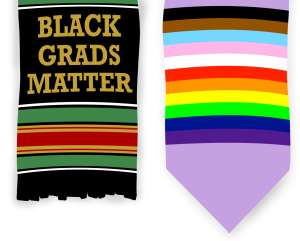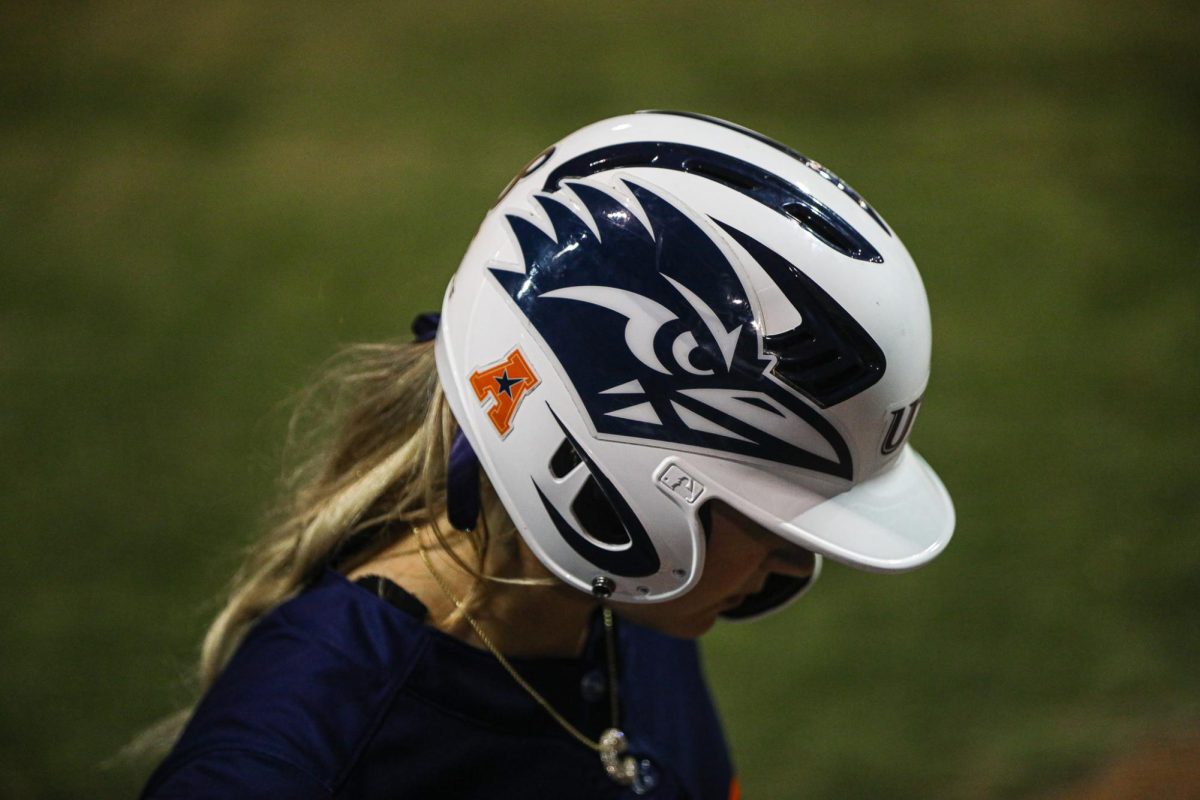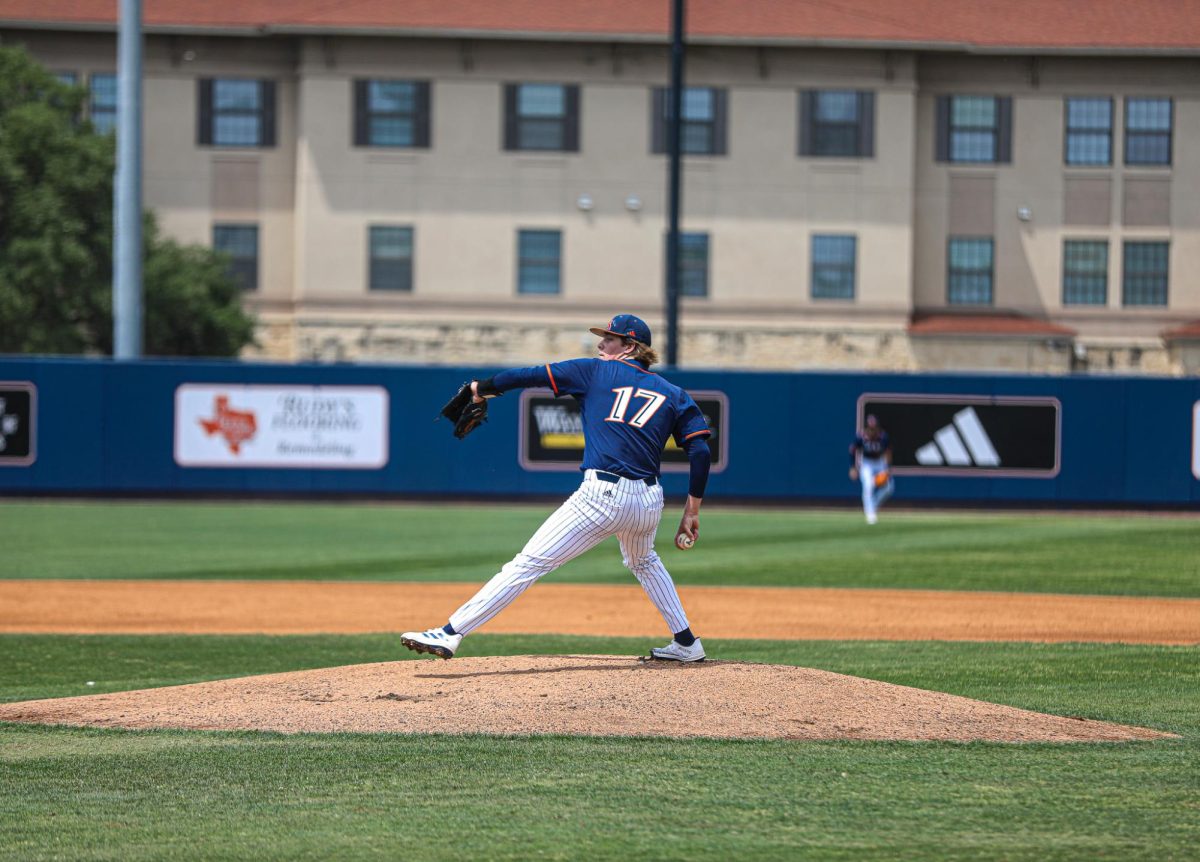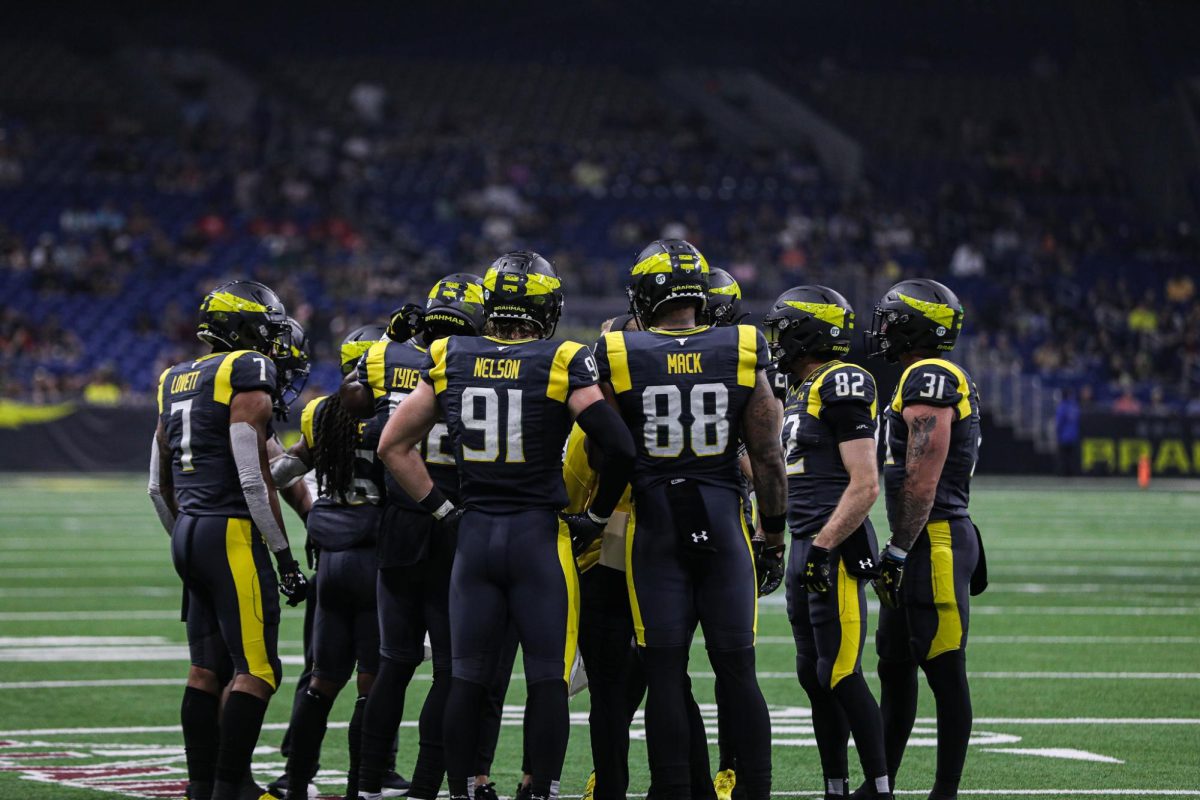There are major changes coming for the landscape of college football.
The National Labor Relations Board (NLRB) has approved a case that allows football players under athletic scholarship at Northwestern University to be considered employees. Kain Colter and Ramogi Huma, founders of the College Athletes Players Association (CAPA), lead Northwestern football players in an effort to gain player reform.
This ruling sets forth the possibility of football unions, which will allow football players to seek compensation for issues such as promotion of one’s athletic image, player safety, medical coverage, increased scholarships and head trauma.
College football programs have more than enough money to allow players their share. The top ten college football programs have increased their revenue from just under $300 million in 2000 to well over $750 million in 2011. With over 150 percent growth in this short amount of time, the earnings show no sign of slowing down.
“It (the ruling) gives athletes a sense of power and feeling that they are above regular students,” said an anonymous UTSA athletics personnel, disagreeing with NLRB’s ruling. “If athletes start unionizing and are being treated as employees, then college football will become even more of a business and will mimic the NFL.”
Collegiate football players spend an average of 40-50 hours a week committed to their program during the four-month football season. CAPA argues that these hours are similar to that of a full time employee and that compensation is required not only for personal reasons, but for academic reasons as well.
This sort of ruling creates ripples of panic for universities and athletic directors across the country. Not only will athletes gain more control, but they will also undoubtedly change the tradition and meaning behind college athletics.
“They are in college for an education,” said the anonymous UTSA athletics personnel on athletes losing sight of the tradition of college athletics. “They are just fortunate to have the athletic ability and skill to help pay for their education. I wouldn’t say it is bad, but it does enable the athletes to forget about the real reason they are in college.”
Indeed, what will happen to the tradition of athletics if, say, the players union goes on strike before a bowl game demanding certain particulars? College athletics would be blemished much like the NBA, MLB and NFL are every time their players go on strike. Is the collegiate landscape of athletics ready for such a drastic change?
The ruling creates more questions than answers in the short term. With Northwestern University appealing the case and the NCAA strongly opposing the idea of student athletes being considered employees, along with the concept of unionizing, the discussion is far from being over.
Fortunately, UTSA football has nothing to worry about — for now. The ruling only affects private universities, but it certainly has implications for public universities in the future.
“If it begins to affect public universities then all of these college athletes would be recognized as state employees,” added the anonymous UTSA athletics source. “It could hurt recruitment, because I’m sure there would be numerous rules and regulations put into effect for these so called ‘athlete employees.’”
With the NCAA decision to implement a four-team playoff, the NLRB ruling comes at an already volatile time in college football.
The UTSA Athletics department declined to make any public comment regarding the ruling and declined to be interviewed.











